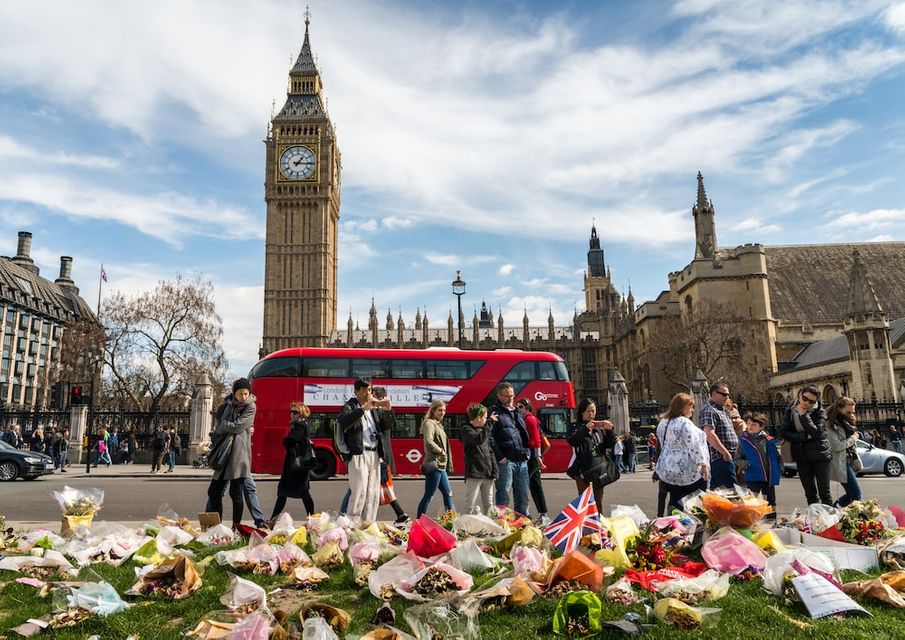Whether we like it or not, terrorism is part of our collective experience. We shouldn't be afraid to discuss it with our children, and each other
After the devastating news in both Manchester and London, it’s no surprise that many of us have recently felt shocked and bewildered. Whenever violence strikes a community, our focus turns to our children – but how do we explain an act of terrorism to a child? When an event as chilling as the Manchester Arena suicide bombing happens, it’s important we address their questions. In other words, we should be honest and listen to their concerns.
You may not want to go about your usual routine, so allow yourself time to grieve
We can reassure the safety of our children. We can remind them that violent acts are very rare and the vast majority of people are good. We can tell them they are safe, loved, and that we are there to protect them. But how much of what we say do we actually believe?
Terrorism doesn’t need to happen on our doorstep. Attacks can now unfold live on our mobile phones, which makes the world feel very small indeed, and gives us an unnerving sense of ever-present danger. The question is, while we’re able to support our kids, what about ourselves? Here are four things you can do:
1. It’s OK to feel sad
We Brits are renowned for not showing emotion, but it’s OK to feel sad after a devastating event. You may not want to go about your usual routine, so allow yourself time to grieve. It’s likely your reaction has surprised you – after all, it’s all too easy to underestimate the impact a terrorist act can have, wherever it occurs in the world.
2. Talk with other adults
You’ve put on a brave face for your children; now it’s time to have an adult conversation. Talk to your friends and family about what happened, and be open with how you feel. Talking to a fellow adult can help you decipher the conflicting media reports and the wavering national mood, as well as bring succour and relief.

Image | Lenscap Photography / Shutterstock.com
3. Feel grateful
Yes, feel grateful. We know it sounds wrong to think about what you have, but you’re alive and it’s important you don’t forget that. You don’t need to make a grand observation, but writing down or thinking about the things you’re grateful for can really help. Take a walk, call your mum, hug your dog, or simply take a moment to be thankful for what you normally take for granted.
4. Help if you can
You’re not able to fix everything, and feeling helpless can often fuel the guilt and sadness you’re already experiencing. However, by taking an active approach to help others after a tragedy, we build resilience. See if there are charities for the survivors and, if you’re able, donate to the emergency services who have worked tirelessly to help the afflicted.
Remember, it's OK to lose your way and it's OK to need help. Visit Counselling Directory for more information.
Main image | Alexandre Rotenberg / Shutterstock.com


Comments